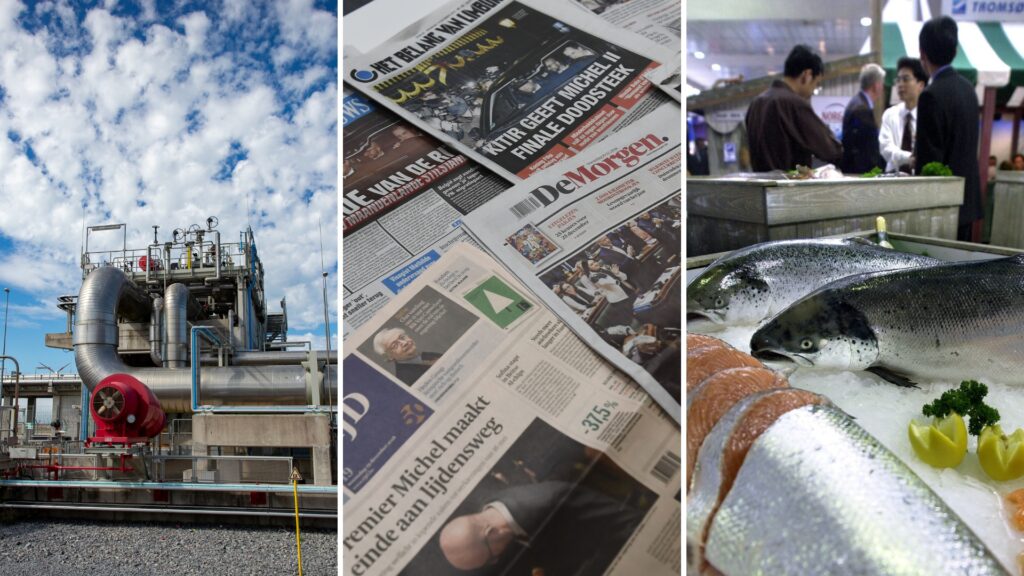Inflation in Belgium has risen more than predicted between January and February this year and rose above 2% for the first time in five months. What has increased most in price, and will wages rise again?
Inflation in February rose to 3.20% from 1.75% last month, marking an increase of more than 2.5 percentage points since December when the figure was 0.5%. This means the so-called basket of goods and services consumed by an average family in the country was 3.2% more expensive this month than in February 2023. Or, simply put, what cost €100 then, now costs €103.
This is the first time in five months that the inflation rate has surpassed 2%. It is also higher than the Federal Planning Bureau predicted, UGent economist Stijn Baert noted. The Planning Bureau expected an inflation rate of 2.8% for February and wasn't expecting Belgium to surpass 3% until April.
"This is not good," Baert said on social media. "The European Central Bank's central objective is to keep inflation around 2% as sharp price fluctuations are not good for the economy, as we saw two years ago. Already being fiercely above 2% is bad news."
He wrote that many economists point to so-called "second-round effects" of the aftermath of the energy and inflation crisis to explain this uptick. "In other countries, for instance, wages have adjusted more recently than in Belgium, which can now be reflected in the (foreign) products we buy."
What has become more expensive?
Food inflation (including alcoholic beverages) fell for the 11th month in a row, sitting at 4.65% this month compared to 6.58% in January. Core inflation – which excludes the price evolution of energy products and unprocessed foods, making it less volatile and more reflective of the underlying evolution of the cost of living – dropped for the ninth month in a row to 4.25% in February, down from 4.70% in January.
Figures from Statbel showed that energy inflation is still negative (it has been since February 2023), but it is rising, from -26.46% in December and -22.30% last month to -5.34% in February this year.
The main price increases this month were related to natural gas, for which inflation went from -51.9% last month to -3.6% in February. "Compared to last month, natural gas prices are up 44.6%," the agency noted. Electricity inflation increased to -12.2% from -31.7% in January and electricity prices are up 7.7%. "These increases are due to the ending of the basic electricity and natural gas package."
Related News
- Belgian wages unlikely to increase before 2026
- Inflation in Belgium falls but food prices continue to break records
Statbel noted that the price of fresh seafood saw the biggest increase (31.8%), followed by cider (30.4%), olive oil (23.7%), sheep and lamb meat (23%) and rolling tobacco (20%). The cost of potatoes, non-alcoholic beers, newspapers and magazines, and veterinarians and other pet services also increased significantly.
Baert noted that the next "pivot index" (the point at which price rises automatically trigger wage hikes) has not yet been exceeded, meaning government wages and benefits are not rising for now. But sectors which index regularly can effectively start expecting an increase of around 1%.

